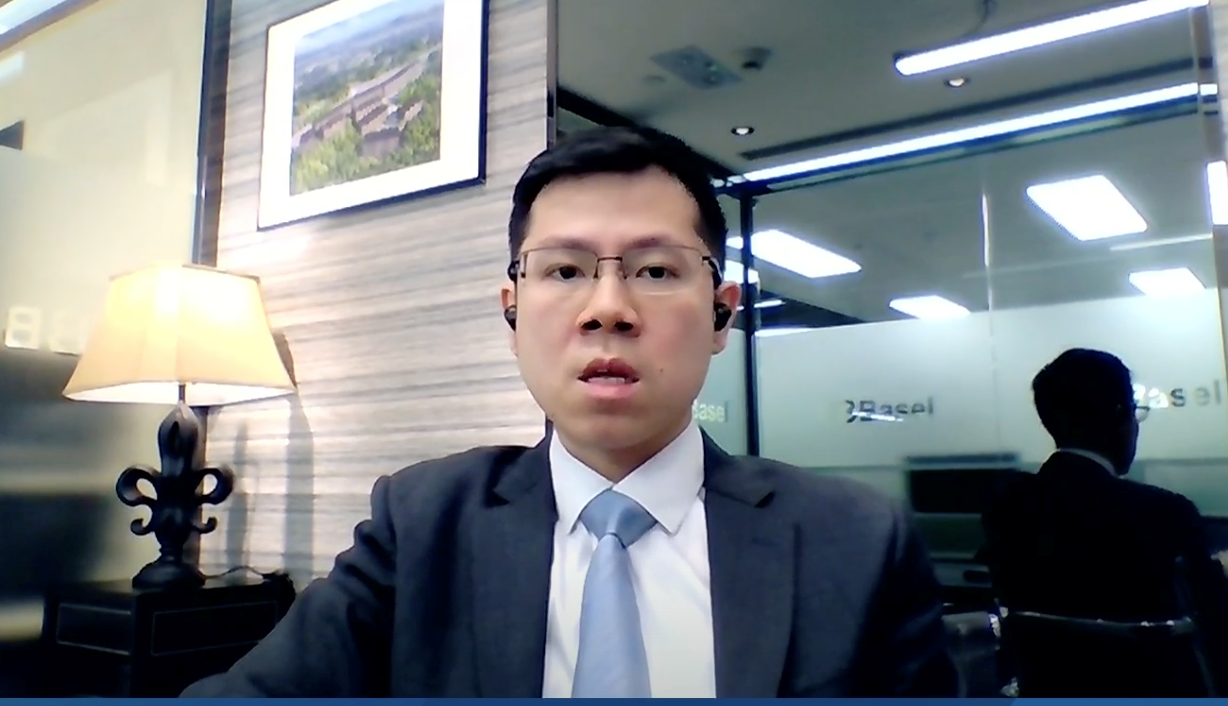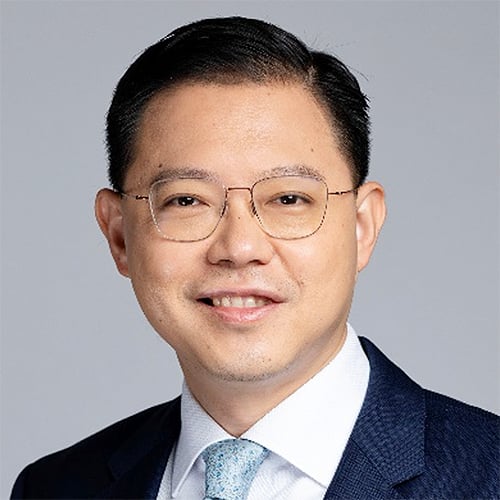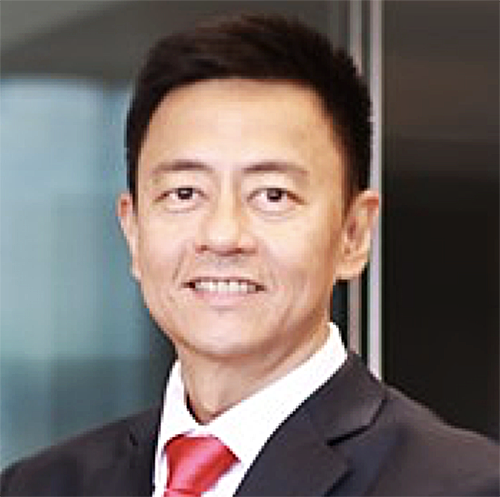Family offices in Asia are growing, but their biggest challenge is a shortage of talent exacerbated over the past two years by Covid-related travel restrictions, says a senior adviser to a single-family office, speaking at the Asian Financial Forum in Hong Kong.
“The most difficult for me – like most people I talk to – is hiring and retaining talent,” says Danny Lee, senior adviser, Blue Pool Capital, the single-family office of Joseph Tsai, Alibaba Group’s co-founder and executive vice-chairman. “We are competing with the best of the best. We are trying to hire the best people, but that would mean hiring them from other professional firms.”
.png) Danny Lee, senior adviser, Blue Pool Capital
Danny Lee, senior adviser, Blue Pool Capital
Margaret Zhao, managing partner at Hongtao (HT) Asset Management agrees. “In recent years, we have started to institutionalize our family office by bringing in non-family members as partners. So far, it is doing good.” In the past, Zhao, who is part of the third generation running the 25-year-old single-family office, shares that the investment committee consists entirely of family members. Today, the committee consists of seven members of which four are professional partners.
To be able to attract more professional partners to manage the different asset classes, Zhao explains, the family office has set up incentives to match those offered by the top-tier funds. “We explored interesting models in our family office, which are working. We also want to train more internally, allowing people to grow in our family office to become partners.”
.png) Margaret Zhao, managing partner, Hongtao (HT) Asset Management
Margaret Zhao, managing partner, Hongtao (HT) Asset Management
Covid-19 travel restrictions have exacerbated the talent search. In a semi-lockdown environment, Blue Pool’s Lee relates that there are talents stuck in China or overseas that are unable to come, which has placed a lot of pressure on hiring.
Finding the right talent is also an issue as family offices pivot their focus on topics such as ESG and impact investing. "There is a bit of a talent gap: hiring the right professionals that understand the nexus of finance, impact and ESG,” shares Katy Yung, managing partner at Sustainable Finance Initiative, a platform that supports family offices and investors on their sustainable and impact journeys.
The recent UBS 2021 Global Family Office report covering 191 family offices with an average net worth of US$1.2 billion, 22% of which have assets of US$3 billion or more, notes that the cost of running a family office has gone up.
“The cost depends on the size of assets under management (AUM),” says Christina Tung, head of the ultra-high-net-worth and family office solutions group at UBS Global Wealth Management. “The cost ranges from 35bp to 52bp of the AUM. More than a third (35%) of family offices report significant or moderate upwards pressure on salaries, and a further third do on IT (33%).”
Travel restrictions also have impacted investing by family offices, especially those who source their own deals visiting companies globally. “That’s been extremely difficult in the past couple of years,” Lee continues.
At the same time, prices of target assets in the private market are high. “At this moment, private equity/venture capital valuations are higher than public market valuations, especially for companies in China,” Lee believes. “[However], we have to stay very disciplined to deploy capital, investing in companies at the right price.”
Another challenge facing one family office is how best to manage liquidity. With most family offices in Asia of the first-, second-, or third-generation vintage, family members are often still actively running the business. “There are two layers to this issue,” points out Pokman Yiu, investment director and COO at Basel Capital, a multi-family office focused on private equity and real estate. “The first is about the investment portfolio of both public and private instruments. It is important to look at the cashflow of the underlying [investments] as well as the portfolio as a whole.”
 Pokman Yiu, investment director and COO, Basel Capital
Pokman Yiu, investment director and COO, Basel Capital
At times, Yiu explains, there is a need to balance the capital between the public and private instruments. “For example, for a venture capital/private equity fund, which may take years to deploy the capital before being fully invested, we still have to manage the idle cash from the committed amount. When we look at the underlying instrument, we look for higher IRR (internal rate of return) [but] that may not be able to solve the problem.”
Another layer is the liquidity between the business and investment sides, and how to balance the resources. “We are in a complex geopolitical environment,” Yiu shares. “And with Covid-19, some businesses may be facing challenging times – and may need to preserve the liquidity. However, this may mean you miss the best investment window.”









